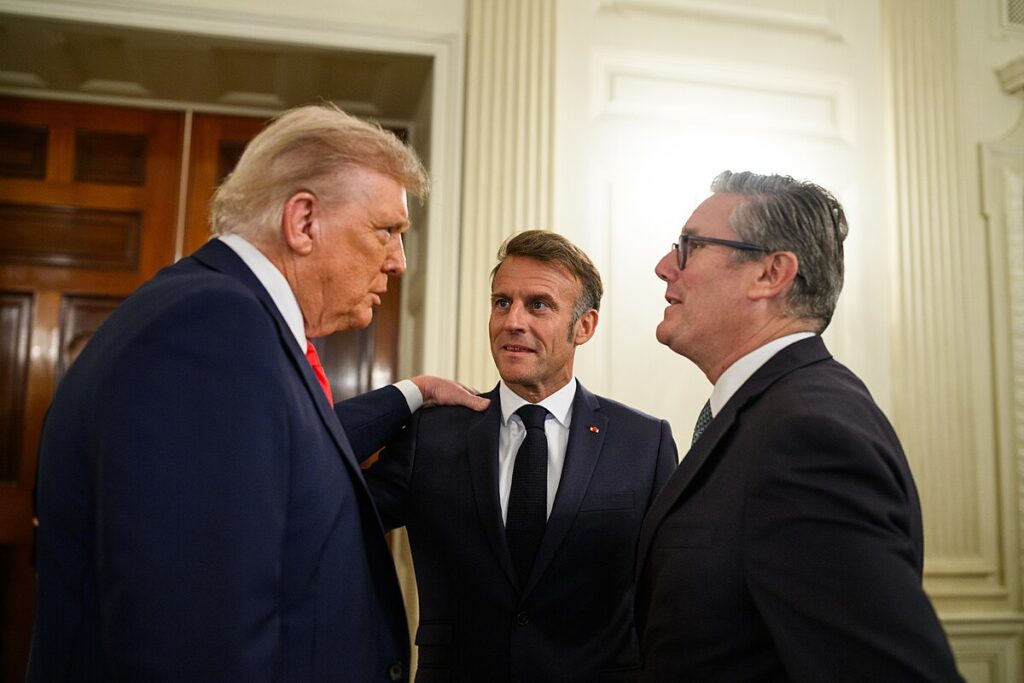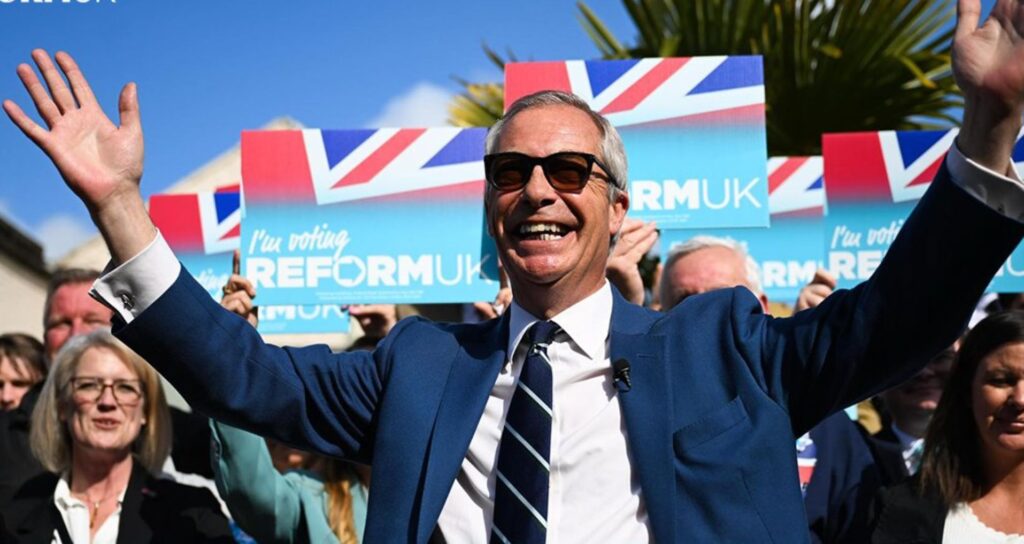Imagine you’re sat in a trattoria in Rome and upon glancing to the wall you spot a poster for the 1960 Summer Olympics held in Rome. It doesn’t look out of place, but that poster tells so much more about Italy than you would ever think.
It doesn’t just advertise a sporting event; it evokes history, style, and national pride. Even decades later, it quietly sells an image of Italy to the world.
This is a form of soft power – a concept first theorised in the 1990s but one that had been in practice for decades before. It is the ability to influence, attract and persuade countries and citizens all without coercion, payment or violence. In simple terms, it’s the building of a national legacy.
The mechanics of the game
As global audiences tune in to cheer for gold medals, last-minute goals and match points, host nations are often playing a longer, subtler game – one of perception, persuasion, and power.
When a nation hosts the Olympics or the World Cup, it isn’t just inviting athletes; it’s inviting the world to view its cities, culture, and values through a carefully curated lens. At its core, hosting becomes an act of national branding. Stadiums are built to highlight the skill of local architects, ceremonies highlight cultural achievements, and global media coverage showcases a version of the country that is polished, modern, and open. For many governments, this is a rare moment where image and policy temporarily align – no matter what the situation at home, home becomes a celebration abroad.
Take London 2012, chimney stacks emerged from the floor to remind the world it was the UK that led the world with industry, before changing to dancing nurses highlighting the NHS – an immense source of national pride.
But the mechanics go deeper than just public perception. These events are also exercises in cultural diplomacy, where everything from music to architecture becomes a symbol of national identity.
Beijing 2008: Power in performance
When China hosted the 2008 Beijing Summer Olympics, it wasn’t just staging a sports event – it was announcing its arrival as a global power ready for business on the global stage. For a country long viewed through the lens of manufacturing and politics, the Games were a soft power statement: disciplined, ambitious, and culturally rich.
From the dramatic opening ceremony – an awe-inspiring blend of choreography, technology, and historical symbolism – to the flawless infrastructure, China demonstrated not only logistical strength but a carefully curated national story. The message was clear: China is modern, capable, and ready to lead on the world stage. The national ruling party can get things done and the legacy of these games will inspire over a billion people.
4 years prior Athens had taken the Olympics home, but on the eve of the next games in Beijing that legacy had turned like feta in the sun. A country bankrupt by its own ambition.
China was ready to show it would not make the same mistake and that the old Olympics were to make way for the future of the Olympics.
The reason? China was using this spectacle as a vehicle for cultural diplomacy. Global audiences were exposed to Chinese history, language, and aesthetics, many for the first time in a positive, celebratory context. It boosted China’s global favourability and offered a counterpoint to Western narratives. For years China had been seen as the place of cheap garments and dodgy tech but now it was the place for state-of-the-art stadiums and the world’s most impressive athletes.
However, the soft power gains were not without limits. The Games also drew attention to human rights issues and censorship, sparking protests and political tension abroad. Still, the scale, symbolism, and global reach of the event marked a turning point in China’s use of international sport to project influence – showing that soft power, like sport, is often about playing the long game.
The new stars
Every year, soft power rankings assess how effectively countries project influence through culture, diplomacy, and global engagement. And in recent years, a clear trend has emerged: a sharp rise in soft power investment from the Gulf region. These nations are not just watching from the sidelines – they’re spending strategically and moving on up.
In 2023, just one year after hosting the FIFA World Cup, Qatar entered the Soft Power 25 for the first time. The reason? Hosting the world’s biggest sporting event dramatically increased its global familiarity, reputation, and perceived influence. And Qatar is far from alone. Saudi Arabia and the United Arab Emirates are also making bold moves, using sport as a central pillar of their global strategy.
Saudi Arabia, in particular, is investing at a staggering scale. Beyond its headline-grabbing acquisition of football stars and clubs through the Saudi Pro League, it is currently spending £9.8 billion on a state-of-the-art Formula One circuit, aiming to create the fastest and most exhilarating Grand Prix on the calendar.
Crucially, these countries understand the long-term value of mega-events. Leaders across the region view sport not just as entertainment, but as an opportunity to reposition their nations – moving from oil dependency to cultural influence. They have taken close note of examples like China’s 2008 Olympics, using them as a blueprint for their own aspirations.
Now, both Qatar and Saudi Arabia are eyeing the ultimate prize: the Olympic Games. Each is expected to bid for 2036, with the aim of becoming the first Gulf state to host the event. In a region often associated with geopolitical complexity, the race to host the Olympics symbolises a wider contest—for global relevance, reputation, and respect.
However, as the Gulf states climb the soft power rankings, others are beginning to slip. Traditional Western powers like the UK – which soared to first place following the success of London 2012; and Italy have seen their positions decline in recent years. While many NATO-aligned nations continue to prioritise defence spending and traditional forms of hard power, they may be overlooking the growing influence of cultural and sporting diplomacy.
Italy, at least, appears to have taken note. With the 2026 Winter Olympics set to take place in Milan, it has a renewed opportunity to reassert its global image and climb back up the rankings. As the soft power landscape evolves, events like could prove just as critical to international influence as conventional displays of military or economic strength.
Soft power is not about image but about the strategic narrative woven by a nation, its government and its national identity. In an age where the global narrative is focused on military strength, the playing field of sport is as strategic as any battlefield. In this era of soft power competition, it’s not just about medals or podiums—it’s about which flag the world is watching when the spotlight is brightest.



